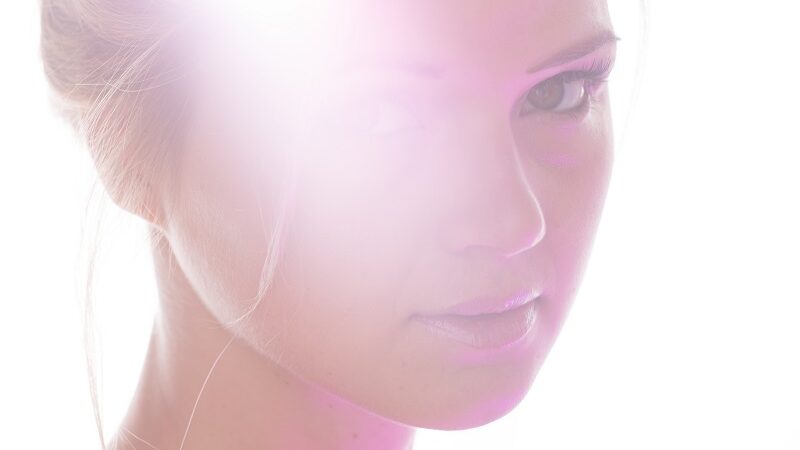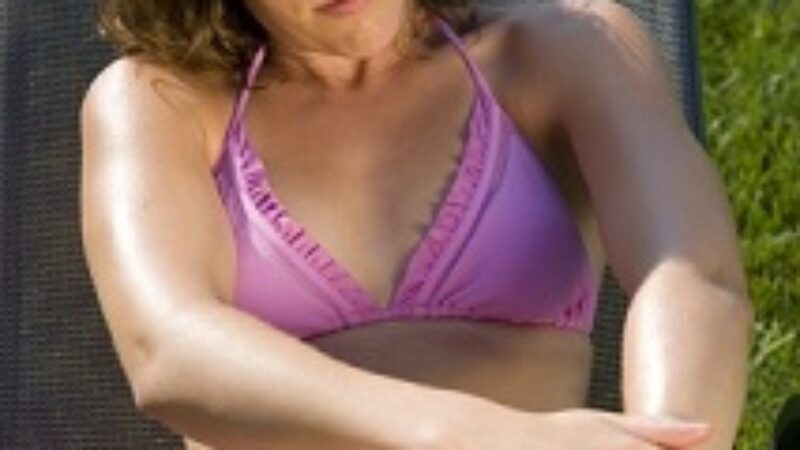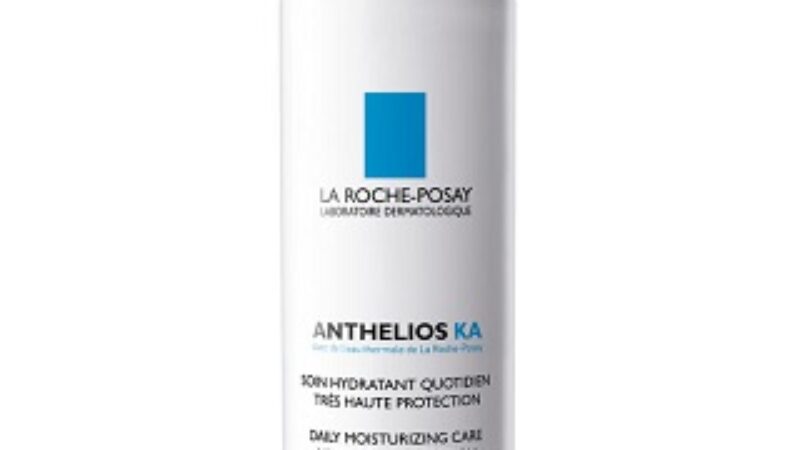Have you heard the news about drinkable sunscreen, the latest sun protection product on the horizon? A US skincare company has recently introduced UV protection in the form of “frequency enhanced water”, claiming to provide SPF 30 for up to 3 hours. Marketed as a UV neutralizer, this liquid boasts innovative technology that makes the water molecules just under the surface of the skin vibrate, emitting frequencies that virtually cancel out the damaging frequencies of UVA and UVB radiation.
As appealing as this concept may sound, experts say it may be premature to toss your sunscreens. As of yet, there has been no published scientific proof regarding the efficacy of drinkable sunscreen, and scientists seem sceptical of the theory behind it as there have been no independent or clinical trials. Active ingredients that are designated with an SPF rating are regulated like drugs in the US and must be approved by the federal Food and Drug Administration (FDA). Considering the fact that the FDA hasn’t approved a new sunscreen ingredient since 1999, we may be waiting a long time.
It is true that some foods can provide some degree of UV protection. Lycopene, an antioxidant in tomatoes, and polyphenols found in green tea have all been shown to protect the body to some extent against UV damage. For this, along with other health concerns, it’s important to add more healthy foods to your diet. They will boost UV protection, but nothing replaces the regular use of sunscreen.
Until we see some actual proof that you can drink your sunscreen, we’re going to advocate doing it the old-fashioned way. Here’s what to look for in an effective sunscreen that you apply topically and want to use every day:
- Broad Spectrum: The SPF (Sun Protection Factor) rating reflects the amount of protection provided against UVB rays, which cause sunburn. A sunscreen with broad spectrum designation also shields against UVA rays, the longer and more penetrating rays that are largely responsible for premature signs of aging as well as many types of skin cancer.
- Effective and Stable Active Ingredients: UV filters that break down once exposed to sunlight lose their ability to protect the skin. To ensure photostability, most sunscreens are formulated with a combination of filters that work together against UV damage. Our favorite Anthelios sunscreens contain Mexoryl SX and Mexoryl XL, exceptionally effective and photostable chemical sun filters that are widely used in Europe and Canada. Combined with other active sunscreen ingredients such as titanium dioxide, spectrum protection both UVA and UVB rays.
- Wearability: No sunscreen is effective if you’re not wearing it! It may seem like a daunting task, but ultimately, finding a sunscreen that you will love wearing every day, rain or shine, is key to sun protection. Matte or shiny finish? Cream or lotion? Tinted or not? These are all factors to consider when making your final choice.
Drinkable sunscreen? Show me the science. In the meantime, is anyone working on a pill to replace exercise?




